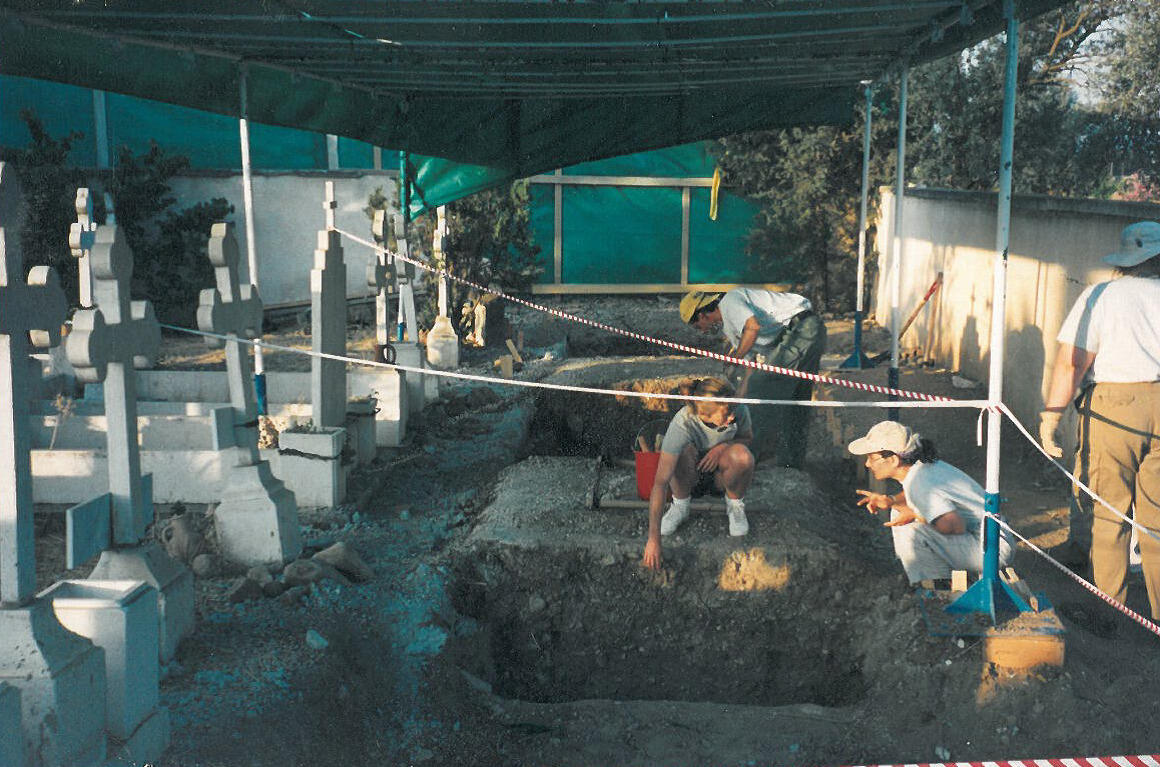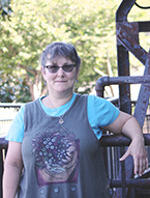Aug. 20, 2018
Forensic science professor joins steering committee of Science and Human Rights Coalition
Share this story

Tal Simmons, Ph.D., a professor in the Department of Forensic Science in the College of Humanities and Sciences, has been appointed to the steering committee of the American Association for the Advancement of Science’s Science and Human Rights Coalition, a network of scientific and engineering membership organizations that recognize a role for scientists and engineers in human rights.

Simmons’ appointment is a significant recognition of her ongoing volunteer work in the global community, notably including her work with both AAAS’s On-call Scientists and the On-call Scientists Hotline programs. The hotline allows human rights organizations to tap the expertise of Simmons and other volunteer scientists, engineers and health professionals in real time when investigating human rights atrocities and other matters.
“I am truly honored to have been elected to serve on the steering committee of the AAAS Science and Human Rights Coalition. I welcome the opportunity to further the goals of the coalition by advocating for the human right to enjoy the benefits of scientific progress and its applications. ”
Simmons has been an expert who applies forensic science to human rights violation investigations since 1997, when she led the Physicians for Human Rights’ forensic monitoring project in Bosnia. She trained pathologists and crime scene investigation departments in the former Yugoslavia on how to deal with skeletal remains — basic techniques of exhumation and recovery, as well as the estimation of the biological profile and the analysis of trauma.
She also has served as the lab director for the Physicians for Human Rights Cyprus Project and again as a consultant for the organization in Sri Lanka, helping to analyze skeletal remains for identification and signs of torture and other trauma.
Simmons’ other work includes serving as senior forensic consultant for the Organization for Security and Co-operation in Europe in the Kosovo cities of Pristina and Orahovac, where she set up systems to identify human remains and helped establish policies for reburial.
Additionally, Simmons has worked as a consultant to the International Committee of the Red Cross to help develop postmortem database mortuary forms.
In 2016, Simmons began providing expert support via the AAAS On-call Scientists program to Amnesty International as the human rights organization investigated mass killings and other atrocities in South Sudan and Nigeria. More recently, she has assisted Yazda, a nongovernmental organization, in evaluating photographic evidence of a mass gravesite in Kurdistan.
Subscribe to VCU News
Subscribe to VCU News at newsletter.vcu.edu and receive a selection of stories, videos, photos, news clips and event listings in your inbox.










